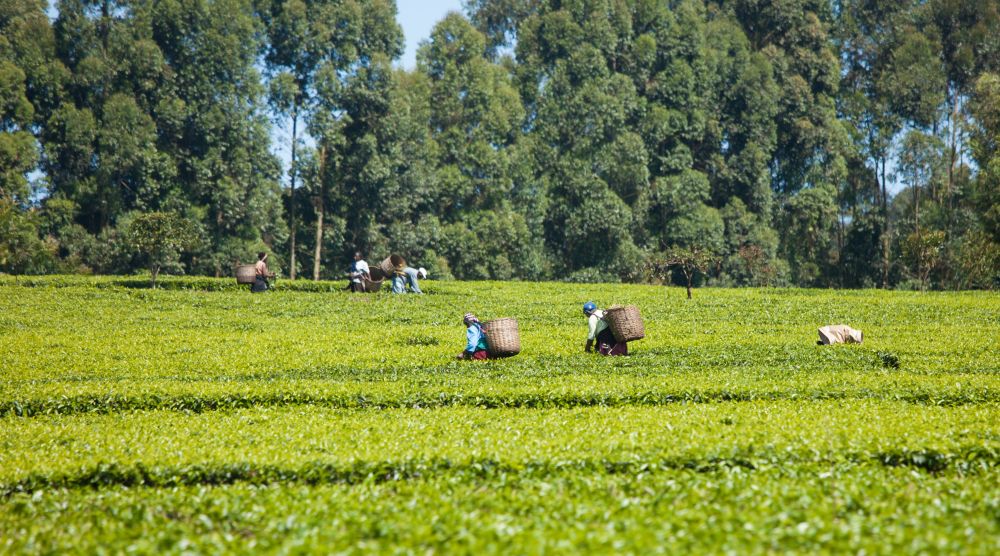Latest News

NRI has continued to deliver on our commitment to finding innovative solutions to global challenges of poverty, climate change, food and nutrition insecurity, and gender and social inequality.

The vine weevil (Otiorhynchus sulcatus) is native to the UK and Europe but is now established throughout Australia and North America. It feeds on a wide range of host plants, including ornamental plants, fruits and vegetables. Vine weevils have...

We are excited to announce that Dr Parag Acharya, Senior Fellow in Food Innovation at the Natural Resources Institute, will be partnering with Growing Kent & Medway and Imperial College London’s Bezos Centre for Sustainable Protein, to develop...

Migrant hoverflies, scientifically known as Eupeodes corollae, are fascinating insects with completely different but equally interesting ecology as juveniles and adults. These agile fliers are widespread across temperate regions, migrating with the...

Oceans play a critical role in sustaining life as we know it. World Oceans Day (8 June) is a time of international recognition and awareness raising about oceans. During this time, many highlight and encourage collective action for healthy oceans...

NRI has hosted students over a range of projects as part of the Regional Scholarship and Innovation Fund (Rsif), a programme that trains doctoral students in applied sciences, engineering and technology at African universities partnered with global...

Women's vulnerability to food insecurity and malnutrition Despite increased attention and strides in global nutrition efforts, women remain disproportionately vulnerable to food insecurity and malnutrition compared to men. This disparity stems...

Bees, butterflies, bats, moths, wasps and other pollinators are essential to our existence. Without their services, much of our food supply, agricultural economies and biodiversity would collapse. Despite their vital roles, many pollinator species...

Growing demand for food, fuel and fibre has expanded global commodity trade and large-scale land acquisitions in the Global South. This has resulted in significant land use changes, creating biodiversity losses and social impacts, leading to a...

To achieve gender transformative change, we need to carefully examine the underlying causes of gender inequality. This means challenging existing socio-economic structures and cultural institutions that often reinforce gender inequality. Urgent and...

Malaria remains an enduring threat to millions of people with a death toll of 608,000 across 85 countries in 2022 alone. Today, NRI joins the global community to commemorate World Malaria Day, an occasion to highlight achievements and the need for...

Several tools have been proposed to facilitate the adaptation processes necessary for achieving climate resilience in response to new climate and environmental challenges [1]Some of these are embedded in financial inclusion products like...



